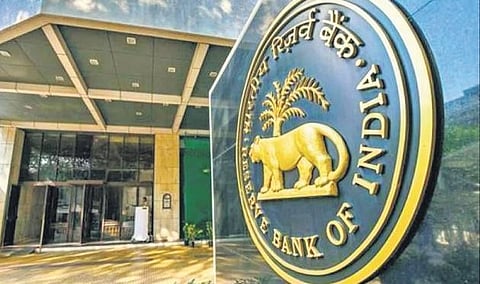

NEW DELHI: The monetary policy committee (MPC) of the Reserve Bank of India (RBI) is expected to maintain the status quo on the repo rate and its stance and leave the repo rate unchanged in its policy review on Thursday.
However, RBI Governor Shaktikanta Das is expected to adopt a hawkish tone due to the recent rise in the prices of food items. The surge in prices in the domestic market, coupled with the rise in crude oil prices in the global market may force the central bank to revise its inflation projection higher for the current fiscal. There is limited room for the RBI to sound dovish as it has explicitly shifted to guide inflation toward the 4 per cent target.
“Taking consideration of the domestic flare-up in vegetable prices led by tomato, there is likely to be no consideration from the MPC to make any alterations – both to the rate and the stance. The decision would also be based on the continued firmness in the macro data flows from the Advanced Economies (AEs), that is likely leading to uncertainties on the rate hiking cycle in the AEs, especially the US,” said Indranil Pan, Chief Economist at Yes Bank.
“We would expect the RBI to sound a bit cautious and therefore hawkish in its communication. Expectations are for the RBI to move higher its own inflation projections for the remainder of the financial year while keeping the growth estimates unchanged,” he added.
The RBI is likely to communicate to the market the emerging upside risks to inflation – global commodity prices, especially oil has been higher than expected while the rupee has also started to depreciate. While inflationary pressures are up, there are no new major headwinds to growth projections. Retail inflation based on Consumer Price Index (CPI) rose to a three-month high of 4.81% in June, mainly due to hardening prices of food.